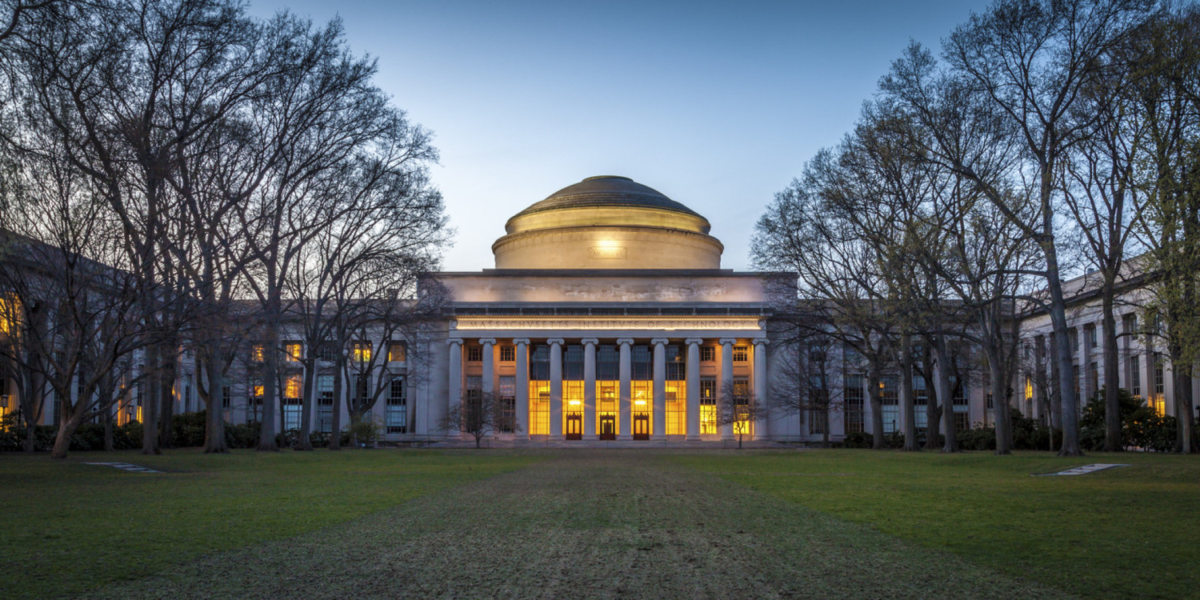The Massachusetts Institute of Technology: A Beacon of Innovation and Excellence
The Massachusetts Institute of Technology (MIT), established in 1861, stands as one of the most prestigious and influential institutions of higher education in the world. Situated in Cambridge, Massachusetts, MIT has carved a niche for itself through its unwavering commitment to fostering innovation, advancing knowledge, and addressing some of the most pressing challenges facing humanity. With its illustrious history, pioneering research, and vibrant community, MIT continues to shape the future across a multitude of disciplines.
Historical Foundation and Evolution
MIT was founded in response to the increasing industrialization of the United States. Its founder, William Barton Rogers, envisioned an institution that would integrate teaching with practical applications, emphasizing the importance of science and technology. This pragmatic approach to education was revolutionary at the time and set the stage for MIT’s future growth and success.
Over the decades, MIT has evolved significantly, expanding its academic programs, research initiatives, and global reach. The institute’s commitment to adapting and leading in emerging fields has been a cornerstone of its enduring relevance and impact. From its early focus on physical sciences and engineering, MIT has diversified to include robust programs in biology, economics, linguistics, management, and more.
Academic Excellence
MIT’s academic rigor is renowned worldwide. The institute offers a wide array of undergraduate, graduate, and doctoral programs across five schools: the School of Architecture and Planning, the School of Engineering, the School of Humanities, Arts, and Social Sciences, the Sloan School of Management, and the School of Science. Each school boasts faculty members who are leaders in their respective fields, contributing to MIT’s reputation for cutting-edge research and innovative teaching.
The MIT curriculum emphasizes hands-on learning, encouraging students to engage in research projects, internships, and collaborative ventures. This experiential approach ensures that graduates are not only well-versed in theoretical knowledge but also adept at applying their skills in real-world scenarios. The Undergraduate Research Opportunities Program (UROP) is a prime example of this philosophy, providing students with opportunities to work alongside faculty on groundbreaking research from their very first year.
Pioneering Research and Innovation
Research at MIT is synonymous with innovation. The institute is home to numerous research centers and laboratories that drive advancements across diverse fields. The MIT Media Lab, the Koch Institute for Integrative Cancer Research, and the Computer Science and Artificial Intelligence Laboratory (CSAIL) are just a few examples of MIT’s research prowess.
MIT’s contributions to technology and science are monumental. The development of radar during World War II, the invention of digital circuits, and advancements in artificial intelligence and robotics are among the institute’s many achievements. MIT’s research is not confined to the laboratory; it extends to solving real-world problems, from climate change and energy sustainability to healthcare and global poverty.
Entrepreneurship and Industry Impact
MIT’s influence extends far beyond academia and research. The institute has a storied tradition of fostering entrepreneurship, with its alumni founding thousands of successful companies. The MIT Entrepreneurship Center and various startup incubators on campus provide resources and support for budding entrepreneurs. Notable companies founded by MIT alumni include Intel, Dropbox, and Zipcar, among many others.
The institute’s impact on industry is further amplified through its partnerships and collaborations with leading corporations and governments worldwide. MIT’s Industrial Liaison Program (ILP) connects companies with MIT researchers, facilitating technology transfer and innovation. These collaborations have led to groundbreaking advancements and have solidified MIT’s role as a critical nexus between academia and industry.
Global Outreach and Community Engagement
MIT’s reach is truly global. The institute is committed to addressing global challenges and improving lives through education, research, and innovation. MIT’s OpenCourseWare (OCW) initiative exemplifies this commitment by providing free access to course materials from virtually all MIT courses, making high-quality education accessible to learners around the world.
The institute’s global engagement is also reflected in its diverse student body and faculty. Students and scholars from over 150 countries bring a wealth of perspectives and ideas, fostering a rich and inclusive academic environment. MIT’s international collaborations further extend its impact, with joint research projects, exchange programs, and partnerships with institutions worldwide.
Campus Life and Culture
MIT’s vibrant campus life is integral to its identity. The institute offers a dynamic and supportive community where students can pursue their academic interests while engaging in a wide range of extracurricular activities. From student-run clubs and organizations to athletic teams and cultural events, there is no shortage of opportunities for personal growth and development.
The institute’s commitment to fostering a supportive and inclusive environment is evident in its numerous initiatives and resources aimed at promoting diversity, equity, and inclusion. MIT’s Office of Minority Education, the Women’s and Gender Studies Program, and various affinity groups work to ensure that all members of the community feel valued and supported.
Challenges and Future Directions
As MIT continues to advance and innovate, it also faces significant challenges. Addressing issues such as climate change, global health crises, and social inequities requires sustained effort and collaboration. MIT is actively working to tackle these challenges through interdisciplinary research and initiatives aimed at creating sustainable and equitable solutions.
Looking ahead, MIT remains committed to its mission of advancing knowledge and educating students in science, technology, and other areas of scholarship that will best serve the nation and the world. The institute’s strategic priorities include enhancing the student experience, fostering innovation and entrepreneurship, and expanding its global impact.
Conclusion
The Massachusetts Institute of Technology stands as a beacon of excellence, innovation, and leadership. Its rich history, academic rigor, pioneering research, and commitment to addressing global challenges make it a unique and invaluable institution. As MIT continues to evolve and adapt to the changing landscape of education and research, it remains dedicated to making a positive impact on the world, one groundbreaking discovery at a time.



